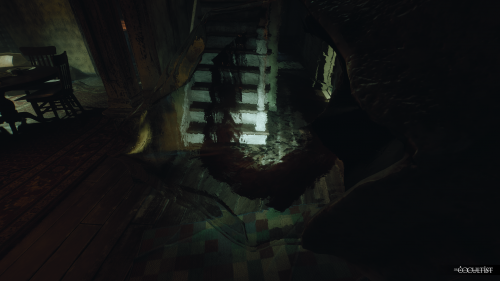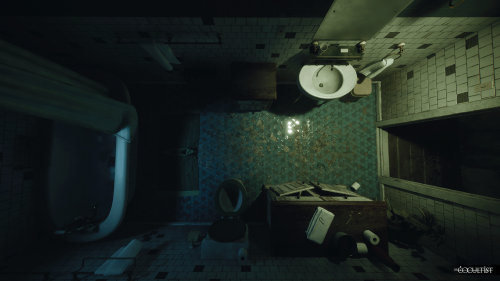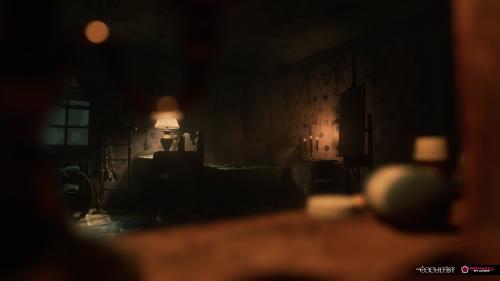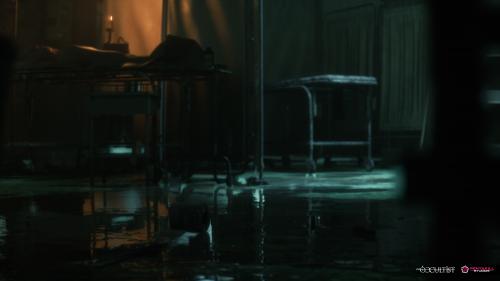
30 national and international awards have paved the way for DALOAR Studios to win the support of a German investment group for their project: the production and launching of the video game ‘The Occultist’, scheduled for the first four months of 2025. It is a first-person narrative fantasy horror video game.
DALOAR Studios has been developing it at the Innovation and Economic Development Agency (IdeVa) thanks to a collaboration agreement with the Valladolid City Council. The agreement supports a pioneering company in the city's video game industry, backed by national and international recognition for a project that started only three years ago.
This agreement is the starting point for attracting and retaining talent in Valladolid within the field of independent video game production. It is a strategic line of action of the Digital Content Pole of Valladolid that promotes the Innovation and Smart City Plan of Valladolid (SmartVA! Plan).

Classic, technological and avant-garde disciplines
This young, cutting-edge studio consists of 32 multidisciplinary professionals: developers specialised in different environments, scriptwriters, cartoonists, illustrators, graphic designers, 3D animators, modellers, texturisers, sound and lighting technicians and dubbing actors. All these experts give life to The Occultist, showing the profile versatility involved in the video game sector.
And a fundamental component is the music of the videogame, in this case, the composer and director, Pepe Herrero, has just recorded the original soundtrack in Bratislava, Slovakia.
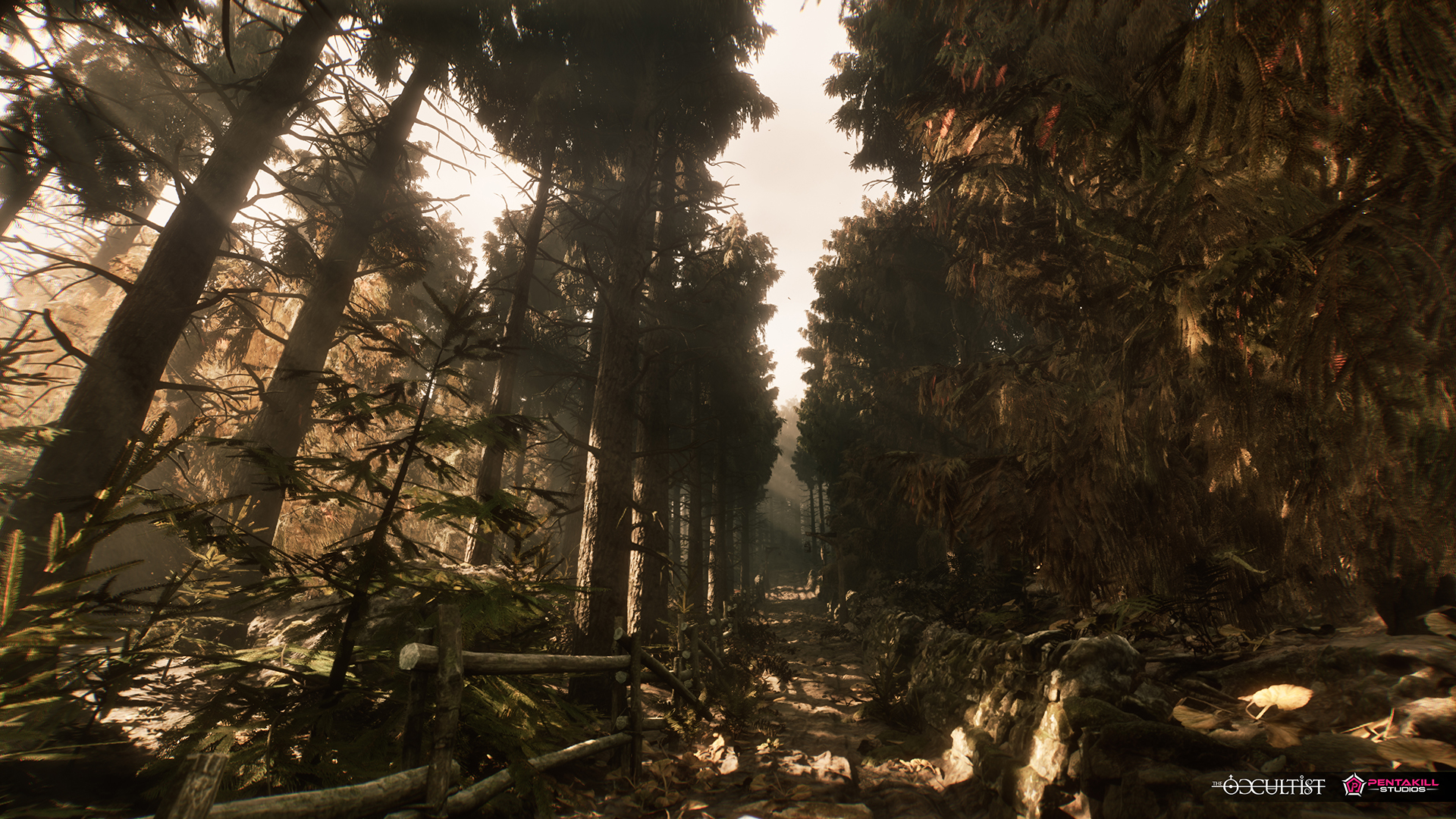

Funding challenge
‘The biggest challenge of this project has been finding funding,’ says David Lorenzo, CEO of DALOAR Studios. It has received public aid from the European Union's Investigo Programme, through the Transformation, Recovery and Resilience Plan; and from the Castilla y León regional government to expand the workforce; but it has been a German investment group that has given it the definitive boost.
David Lorenzo believes that in Spain the video game sector is still not treated as a ‘serious, innovative and industrial engine of growth' unlike in other countries where this sector has large investments, with productions that handle the same budgets as films.
